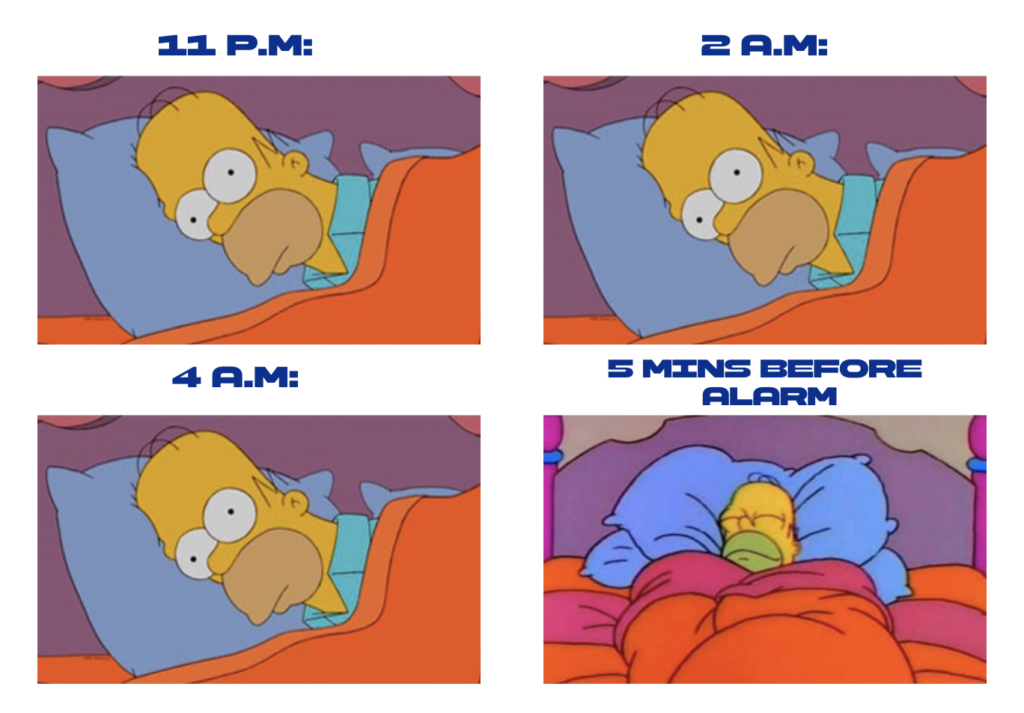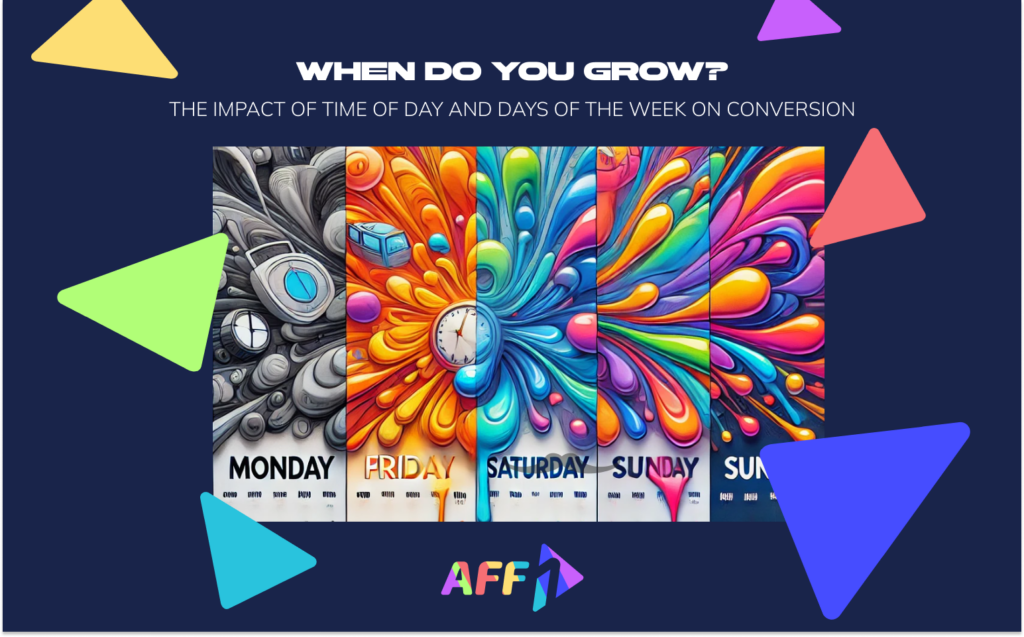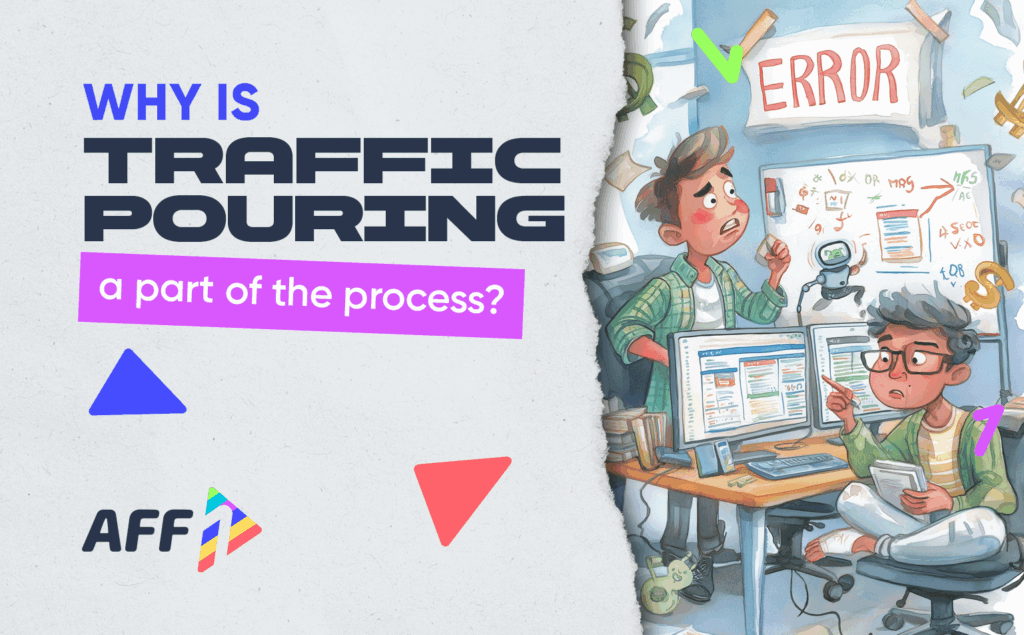Conversion is one of the key performance indicators for any online business, measuring how many website visitors complete target actions such as making a purchase, registering, or subscribing to a newsletter. Time is a significant factor influencing conversion rates: specific hours of the day and days of the week can greatly impact campaign results. Let’s examine how these factors affect conversion.
Time of day and its impact on conversion
People exhibit different activity patterns throughout the day, influencing their online behavior across several key periods:
Morning and conversion
Early morning (6 to 9 AM) often peaks with users focused on health and wellness. They search for products supporting health, like vitamins, supplements, or weight loss aids. Ads that emphasize health and productivity, offering quick solutions for physical well-being, are particularly effective in this period.
Example: «Start your day energized – add vitamins to your breakfast.»
Midday
From 12 to 3 PM, during lunch breaks, users commonly focus on beauty. Skin care products, anti-aging treatments, and detox programs resonate well. Users tend to check social media and make spontaneous purchases, so advertisers should focus on visually appealing ads and personal recommendations.
Example: «Your skin deserves the best! Discover our top-rated youth-enhancing cream.»
Evening
Between 6 and 10 PM, users interested in wellness and sleep aid products are most active. Products like sleep supplements and relaxation aids work best in the evening when audiences seek peaceful solutions for ending the day.
Example: «End your day in calm – try our natural sleep supplement.»
Late night
After 10 PM, when many seek solutions related to wellness, products for weight loss and detox perform well. This time appeals to impulse buyers.
Example: «Say goodbye to extra weight! Get a discount on our nighttime detox now!»
Using these insights about audience behavior throughout the day helps optimize ad campaigns and increase conversions.

Days of the week — The power of specific days
Monday to thursday
These days are ideal for promoting health and productivity-related products, as people aim to start the week with new goals, like improving health or changing habits. Campaigns for wellness products that enhance energy and focus are more effective at the beginning of the week.
Friday to sunday
The end of the week is perfect for products focused on relaxation and recovery. Campaigns promoting sleep supplements, relaxation products, or detox programs can gain the most engagement during these days.
Examples from the wellness industry
- Weight Loss Products: Campaigns launched on Monday morning can be especially effective, as many people start the new week with a renewed commitment to fitness after the weekend.
- Sleep Aids: Ads launched on Friday or Saturday evening can lead to high conversion rates, as people look for ways to unwind and recover before the next workweek.
- Detox Products: Sunday is ideal for promoting detox programs as people prepare their bodies for the new work cycle, especially after an eventful weekend.
Tips for optimizing campaigns based on timing
- Analyze user activity data to identify optimal time windows.
- Test various launch times and days to refine your campaign schedule.
- Consider the specifics of your target audience. For example, B2B companies may find better engagement on weekdays, while B2C businesses targeting end consumers may see peak conversions during evenings and weekends.
Conclusion
Time of day and days of the week are crucial factors influencing user behavior and readiness to take target actions. Understanding when your audience is most active and receptive to conversion can significantly enhance your campaign’s effectiveness. Regular analysis and time-based optimization of campaigns can help maximize results.
Our managers can assist affiliates in maximizing their effectiveness around the clock. Just reach out to us!





Добавить комментарий